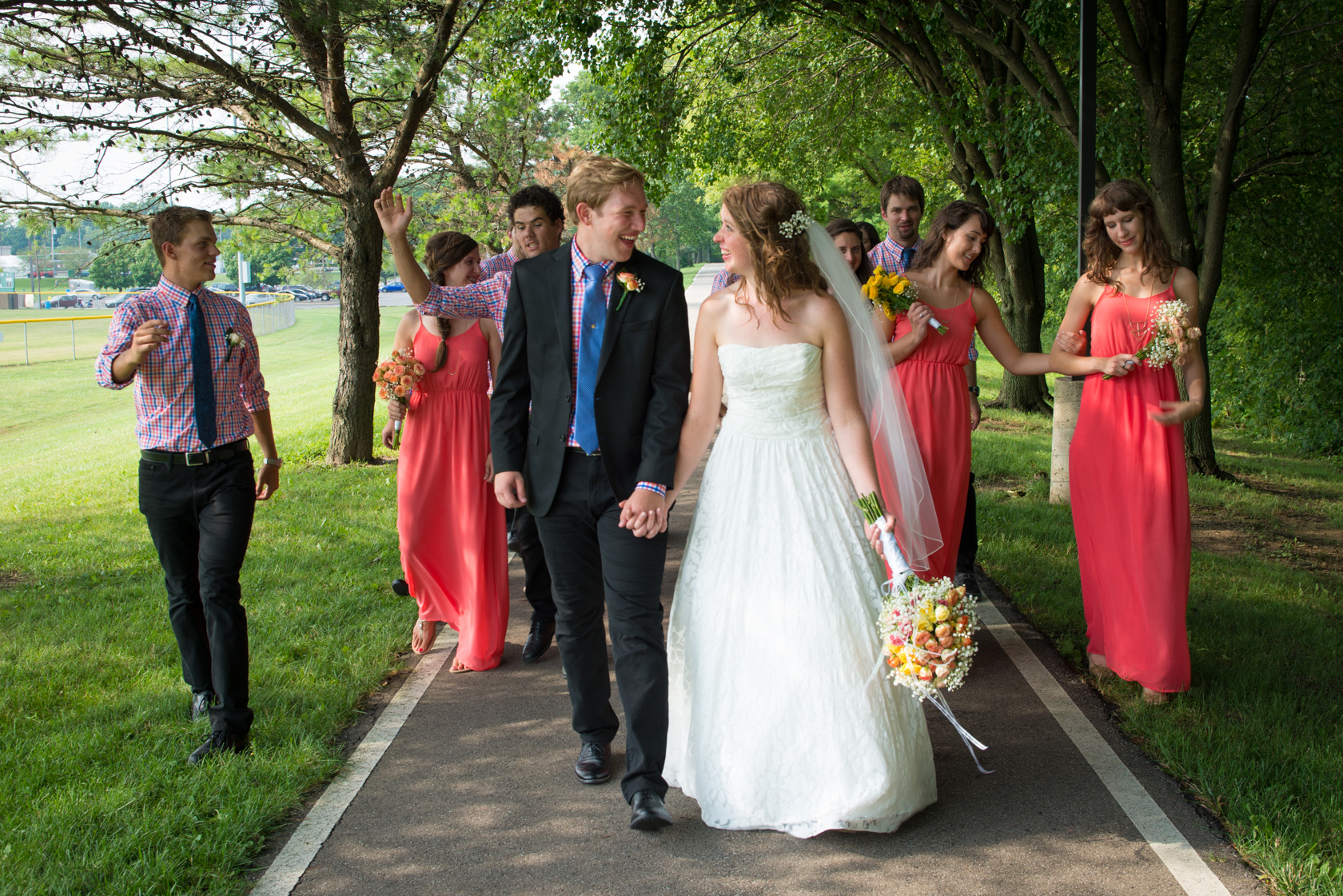At some point in your life (hopefully sooner than later), some wise person likely sat you down and told you not to entertain the 'What if's.' They're a lousy bunch of mental guests, always coming before the party is ready, and overstaying their welcome. They track mud in at the door (even when it's not raining), eat all the biggest cookies (and leave crumbs all over your new sherpa blanket), and loudly overpower everyone else's stories with tales of their own exploits (you ME, you ME, yo-ME, y-ME, ME, ME). They're not worth inviting to any get-together, small or large, because even after they leave you're stuck cleaning up the wreckage until the next time they come around. In life, if you're smart, you'll keep out the 'What if's."
In story, if you're smart, you'll invite them in.
Story loves to appeal to the imagination; good story will reach out to the reader (or viewer, or listener) and trigger the faint nudges, both the uneasy and the delighted whispers. A story that triggers the imagination is a story that pulls you in and carries you along, sparking your curiosity, and making you think and plan—story—along with it. A story that leaves nothing up to the imagination is like reading board meeting minutes: too long, too many details, and too boring. It doesn't leave any room for free space in the mind, for it to wander at will. Inviting imagination into your story is like inviting the 'What if's.' But surprisingly, in story form, they're quite docile; like the friend who always brings good wine to your dinner party, the colleague who tells you when there's spinach in your teeth before you make a presentation to the VP, and the driver in the front of a long line of cars who stops at the crosswalk to let you cross when you're carrying 5 large Bloomingdales bags. You want 'What if's' in your story.
How do you invite them?
#) Don't over-explain. One of the joys of writing story is that many times, people can relate to situations that you're describing—that means they're acting it out in their heads. If you describe every detail, they'll get tired of trying to stick to your over-demanding script, and they won't enjoy immersing themselves in the story. Bring nuance into your story, but don't describe every single blink and attitude. Fill in the big lines, but leave the little spaces blank, for the imagination to play with.
#) Watch. One of the best ways to learn to write good nuance is to observe social interaction (this absolutely is not an excuse to be creepy). Watch people talk to each other. Watch them greet. Watch them say goodbye. Watch them fight, make up, make decisions, make shallow conversation, make other people cry, make other people laugh, make gossip more interesting, make it boring, and make friends. Watch all of it, see what they do and how they do it, and practice describing it, with sparse language, but still a clear point.
#) Practice. As always, the only way that you'll get better at something is if you do it all the time. Not once a week, not every third day, but every day. For more than just a minute or two. It's a commonly accepted theory that it takes 10,000 hours to become an expert at something.
You'd better get started.







 Married this gentleman. Rented a cute corner apartment, got a new car (to me, at least), and adopted a different last name.
Married this gentleman. Rented a cute corner apartment, got a new car (to me, at least), and adopted a different last name.